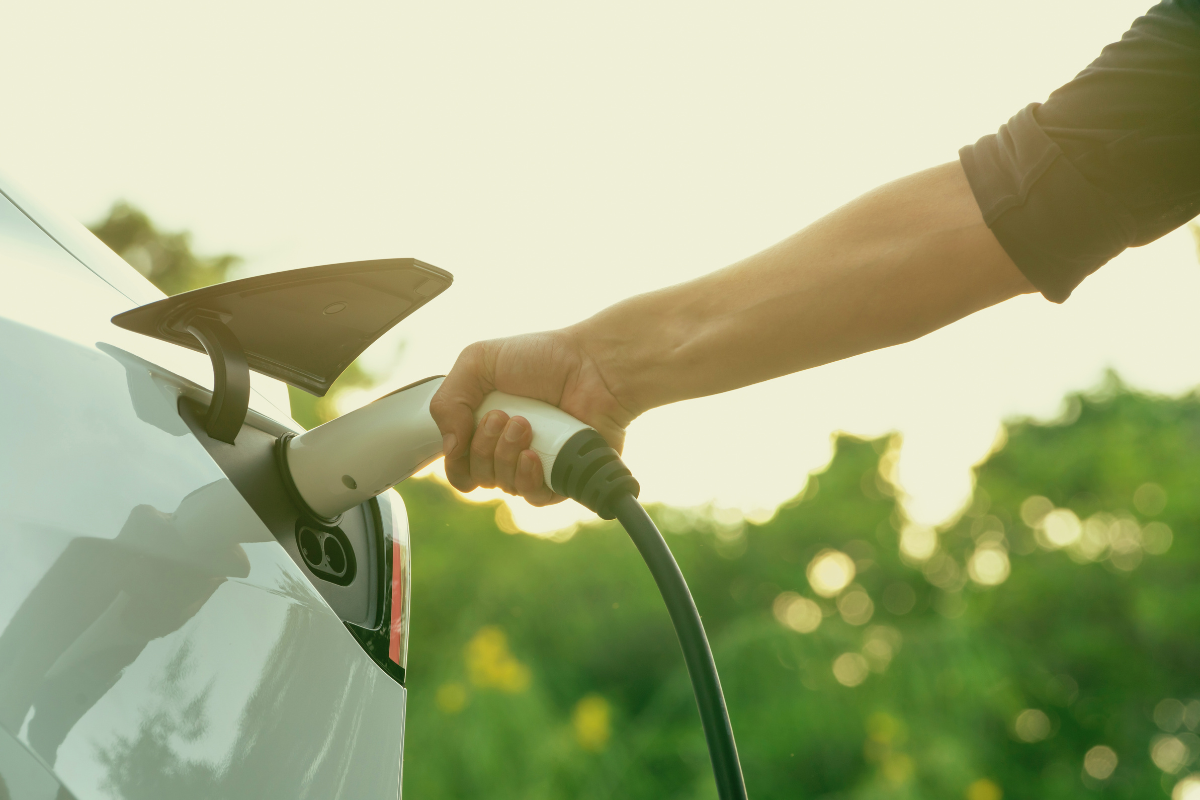
The company previously announced it was postponing its new Europe battery recycling plant and pausing construction on its Canada battery materials plant. | Owlie Productions/Shutterstock
Belgian battery specialist company Umicore added on-again, off-again tariffs to a list of economic woes that included slower-than-expected adoption of electric vehicles and a global market slowdown, during a recent capital markets update.
“Now, we all know that since the start of 2024, the world around us has changed quite significantly. One day, we have tariffs; the other day we don’t have tariffs,” said CEO Bart Sap during the March 27 presentation.
When Sap became CEO in May 2024, he implemented “an immediate capex reduction,” pausing construction of Umicore’s new battery materials plant in Ontario, Canada, and delaying a planned battery recycling facility in Europe. Originally planned to start up by 2026, the 150,000 metric ton per year recycling plant now will be operational no earlier than 2032, Sap said in a July 2024 earnings call.
In the March presentation, Sap noted that Canada is experiencing high inflation, which would likely have led to significantly higher costs to build and operate a “very bulky” asset.
In lieu of the Canadian capacity, the company will funnel capital expenditures to its Korea facility to increase capacity by 30% to 40 gigawatt hours. The site also is covered by take-or-pay contracts with EV battery maker AESC, which guarantees income for the plant. Sap noted that the Korean plant is “an interesting proposal for access to the U.S.”
Work also will continue on the first Ionway facility in Nysa, Poland. Ionway is a joint venture between Umicore and Volkswagen, to produce cathode material for EVs.
Despite the slowdown in EV growth, Umicore expects plentiful recycling needs it can address, including production scraps and end-of-life batteries, Sap said, though he cited a need for a supportive regulatory environment to encourage battery recycling in Europe. In addition, Umicore is exploring partnerships for large-scale recycling in Europe.
In summer 2024, the company announced that in response to a “sharp slowdown in the growth of demand for EVs impacting the entire supply chain, customers’ demand projections for Umicore’s battery materials have steeply declined.” This led Umicore to lower its full-year 2024 financial guidance for the battery materials segment.
Earnings for the recycling business fell by 12% on the year, reflecting lower volumes in precious metals refining and “less supportive” commodity prices, Umicore said in its annual report, published in late March.
The precious metals refining segment invests around 25 million euros (about $27 million) each year to improve plant environment, including reducing windblown dust containing metal particles and treating ambient air from production halls, the company said in the report. This has contributed to decreasing levels in company lead-in-blood measurements, the report added.
Geert Olbrechts, chief technology officer and executive vice president of recycling, said he expects the key metals Umicore already can process to see flat to upward growth through 2035, and he noted that long-term end markets with strong growth potential include platinum, cobalt, nickel, iridium, antimony and tin. Those are “clearly growing markets where we want to play.”

